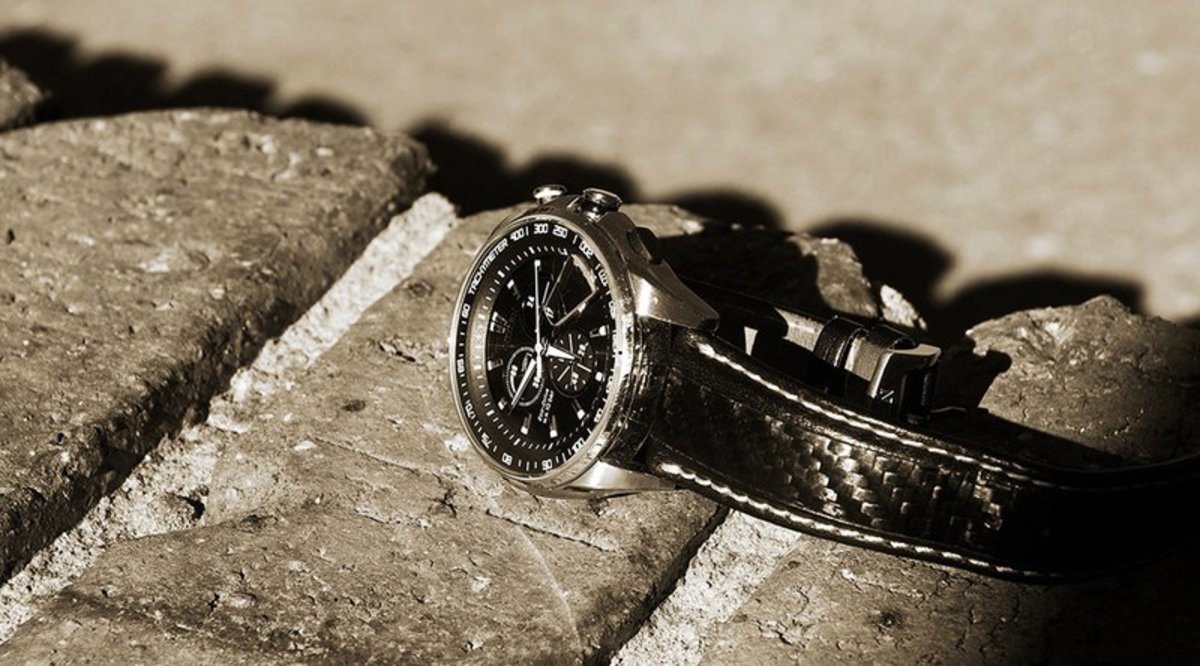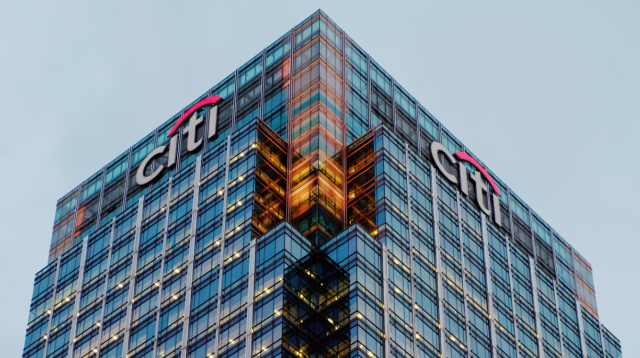
This post is by Krystle Vermes​.
The cryptocurrency industry has delivered new technology to the world of luxury commerce, and it’s helping weed out the fakes.
It may seem like a frivolous concern, but counterfeit goods are big business. Stopping them is a significant business cost for manufacturers of the real thing. And for consumers who pride themselves on owning luxury goods, getting the real thing is essential to a way of life.
That's where Bitcoin comes in.
“By linking digital certificates to purchased goods, we are able to provide a much higher degree of confidence to buyers, especially when purchasing from online or second-hand retailers,” says Guy Halford-Thompson, founder of Blockchain Tech Ltd.
The company uses blockchain technology to create a secure registry, tracking who owns designer products. In turn, the database has everything a consumer needs to determine whether the product in hand is actually what it’s supposed to be.
With blockchain technology, individuals can track the entire journey of the item from assembly to vendor.
“While some consumers may be looking to purchase more affordable 'look-alikes,’ the concern comes from consumers who are looking to purchase genuine items, but because of the advances in manufacturing processes, it can be very difficult to distinguish between real and look-alike,” Halford-Thompson continued. “This is not a large concern when purchasing from known high-street stores, but it becomes a huge issue when consumers are looking to purchase new or second-hand items off online marketplaces.”
Although obtaining luxury goods is seemingly easier than ever before thanks to the Internet, not every seller is playing by the rules. Halford-Thompson says that watches, handbags and sunglasses are the most counterfeited items he’s seen on the market. However, he has confidence in blockchain and “smart tagging.”
“Smart tagging will provide consumers with a better brand experience, and a higher degree of confidence in the items they are buying,” Halford-Thompson adds.
And he isn’t the only one who feels this way.
“In five years, encrypted chips will be in all of your luxury consumer goods,” says Ryan Orr, CEO of Chronicled. “It’s not ‘if,’ but ‘when.’”
Similar to Blockchain Tech Ltd., Chronicled is a company that uses smart tags to track authentic sneakers that hit the market. With the Chronicled mobile app, shoe shoppers can scan the smart tag of the product and get all of the information about its authenticity in a matter of seconds.
As of right now, Orr claims that Air Jordan 11s and Yeezys are the most commonly counterfeited shoes. He adds, however, that his company is raising the stakes for counterfeiters by providing even more security to consumers.
“By combining blockchain technology and smart tags, undetectable forgery becomes impossible, and wearing fakes becomes socially risky,” Orr said.
But is doing the “uncool” thing by counterfeiting goods going to be enough to persuade people to stop? In the end, the answer may be “yes” for a majority of consumers.
“Trusted sneaker sellers earn at least a 20 percent premium, and it’s not just the ‘buy’ side of the transaction that affects consumers,” Orr points out. “Most of us don’t even consider trying to sell our authentic used luxury goods on the Internet because we know we won’t get fair value.”
However, there’s no doubt that counterfeiters are getting better.
“Wait until they start 3-D printing,” Orr warns.
Counterfeiters might always have a new trick, but blockchain technology will now be chasing the bad guys. Maybe, in the foreseeable future, it can even get ahead of them.










